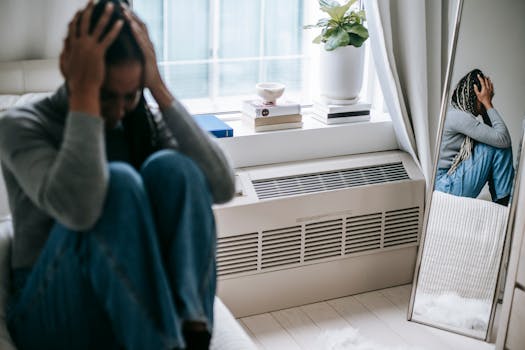
Unlocking the Power of Regular Exercise on Mental Health
Regular exercise is a powerful tool for maintaining good mental health. With the numerous benefits it provides, it’s no wonder why exercise is often prescribed as a complementary therapy for mental health conditions. In this article, we will explore the benefits of regular exercise on mental health, and why it should be a priority for anyone looking to improve their overall well-being.
What are the Benefits of Regular Exercise on Mental Health?
Regular exercise has been shown to have a profound impact on mental health, with benefits including:
- Reduced stress and anxiety: Exercise is a natural stress-reliever, and can help to reduce anxiety and improve mood.
- Improved mood: Exercise releases endorphins, also known as ‘feel-good’ hormones, which can help to improve mood and reduce symptoms of depression.
- Improved cognitive function: Exercise has been shown to improve cognitive function, including concentration, memory, and problem-solving skills.
- Enhanced self-esteem: Regular exercise can help to improve self-esteem and body image, reducing the risk of low self-esteem and negative body image.
- Better sleep: Exercise can help to improve sleep quality, which is essential for good mental health.
How Does Regular Exercise Impact Mental Health?
Regular exercise can impact mental health in a number of ways, including:
- Reducing inflammation: Exercise has anti-inflammatory properties, which can help to reduce inflammation in the brain and improve mental health.
- Improving brain-derived neurotrophic factor (BDNF): Exercise has been shown to improve BDNF, a protein that is essential for brain health and development.
- Enhancing neuroplasticity: Exercise can help to improve neuroplasticity, the brain’s ability to adapt and change in response to new experiences.
- Reducing symptoms of mental health conditions: Exercise has been shown to reduce symptoms of mental health conditions, including depression, anxiety, and bipolar disorder.
Getting Started with Regular Exercise
Getting started with regular exercise can be daunting, but there are many ways to incorporate physical activity into your daily routine. Here are some tips to get you started:
- Find an activity you enjoy: Engage in physical activities that bring you joy, whether it’s walking, running, swimming, or dancing.
- Start small: Begin with short, manageable sessions, and gradually increase the duration and intensity as you become more comfortable.
- Make it a habit: Incorporate physical activity into your daily routine, such as first thing in the morning or straight after work.
- Find a workout buddy: Exercise with a friend or family member to make it more enjoyable and help you stay motivated.



